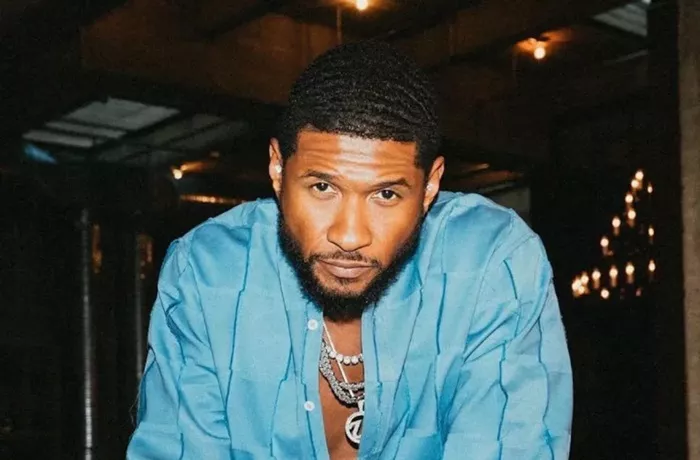Hip hop, since its inception in the 1970s, has grown from a localized cultural movement in the Bronx, New York, into a global phenomenon. It encompasses a wide array of elements, including rapping (MCing), DJing, graffiti art, and breakdancing, forming a rich tapestry of creative expression. For African Americans, hip hop represents more than just a music genre; it is a powerful vehicle for storytelling, cultural expression, social commentary, and community building. This article delves into why hip hop holds such significance for African Americans, exploring its historical roots, cultural impact, and socio-political relevance.
1. Historical Roots of Hip Hop
Birth in the Bronx
Hip hop emerged in the Bronx during the late 1970s, a period marked by economic decline, social unrest, and urban decay. African American and Latino youths, facing marginalization and limited opportunities, turned to music and dance as a form of expression and resistance. DJs like Kool Herc, Afrika Bambaataa, and Grandmaster Flash pioneered techniques that would define the genre, such as breakbeat DJing and scratching. The block parties they hosted became spaces where young people could escape the harsh realities of their environment and celebrate their culture.
Influences from African Traditions
Hip hop’s rhythmic and lyrical elements are deeply rooted in African musical traditions. The call-and-response patterns in rap, the emphasis on rhythm and percussion, and the improvisational nature of freestyling all echo African musical practices. These connections reinforce the genre’s cultural heritage and its role in preserving and innovating African American artistic expressions.
2. Cultural Significance
Voice for the Voiceless
Hip hop has always served as a platform for marginalized voices, providing African Americans a means to articulate their experiences, struggles, and aspirations. Through rap lyrics, artists convey stories of poverty, racism, police brutality, and systemic inequality. Songs like “The Message” by Grandmaster Flash and the Furious Five, “Fight the Power” by Public Enemy, and “Alright” by Kendrick Lamar highlight the genre’s role in social commentary and activism.
Preservation of African American Vernacular and Traditions
Hip hop preserves and propagates African American vernacular and cultural traditions. Slang, idiomatic expressions, and storytelling techniques found in rap lyrics contribute to the evolving lexicon of African American English. Additionally, hip hop fashion, dance styles, and visual art forms reflect and shape contemporary African American culture, creating a dynamic and influential cultural ecosystem.
3. Socio-Political Relevance
Catalyst for Social Change
Hip hop has been a catalyst for social change, inspiring movements and influencing public discourse on critical issues. The genre’s focus on social justice and empowerment resonates with listeners, encouraging activism and community engagement. The Black Lives Matter movement, for instance, has drawn significant support and inspiration from hip hop artists who use their platforms to advocate for justice and equality.
Economic Empowerment and Entrepreneurship
Hip hop has created economic opportunities and pathways to success for African Americans. The genre’s commercial success has led to the establishment of record labels, clothing lines, and media enterprises owned and operated by African Americans. Artists like Jay-Z, Dr. Dre, and Rihanna have leveraged their success in hip hop to build business empires, demonstrating the genre’s potential for economic empowerment.
4. Community Building and Identity Formation
Creating a Sense of Belonging
Hip hop fosters a sense of community and belonging among African Americans. The genre’s communal nature, with its emphasis on collaboration and collective creativity, strengthens social bonds and provides a sense of identity and pride. Hip hop communities, both local and global, offer support networks and safe spaces for artistic expression and personal growth.
Intergenerational Connections
Hip hop bridges generational gaps, connecting older and younger generations through shared cultural experiences. Classic hip hop tracks and contemporary hits alike resonate across age groups, creating a continuum of cultural exchange and mutual appreciation. This intergenerational dialogue enriches the genre and ensures the continuity of its legacy.
5. Educational Impact
Promoting Literacy and Critical Thinking
Hip hop has educational potential, promoting literacy and critical thinking among young people. Rap lyrics, often complex and metaphorical, encourage listeners to engage with language creatively and analytically. Educational programs that incorporate hip hop into curricula have shown positive outcomes in improving literacy skills and fostering a love for learning.
Addressing Mental Health and Emotional Well-being
Hip hop also addresses mental health and emotional well-being, offering a therapeutic outlet for self-expression and emotional release. Artists like Kid Cudi and Logic have openly discussed mental health issues in their music, reducing stigma and providing comfort and solidarity to listeners facing similar challenges.
6. Global Influence and Cultural Exchange
Spreading African American Culture Worldwide
Hip hop’s global influence has facilitated the spread of African American culture worldwide. The genre’s popularity transcends cultural and linguistic barriers, creating opportunities for cross-cultural exchange and understanding. International hip hop artists, inspired by African American pioneers, contribute to the genre’s diversity and richness.
Empowering Marginalized Communities Globally
Hip hop has empowered marginalized communities globally, offering a means of expression and resistance similar to its origins in the Bronx. From the favelas of Brazil to the townships of South Africa, hip hop resonates with young people facing social and economic hardships, providing a powerful tool for advocacy and empowerment.
See Also: Reggaeton: A Popular Style that Combines Latin Flavor with Hip Hop
Conclusion
Hip hop’s importance for African Americans cannot be overstated. It is a multifaceted cultural force that encapsulates the history, struggles, and aspirations of a community. From its roots in the Bronx to its global impact, hip hop remains a vital platform for artistic expression, social commentary, and cultural preservation. It empowers individuals, strengthens communities, and fosters a sense of identity and pride. As hip hop continues to evolve, it will undoubtedly remain a cornerstone of African American culture and a beacon of resilience and creativity.

